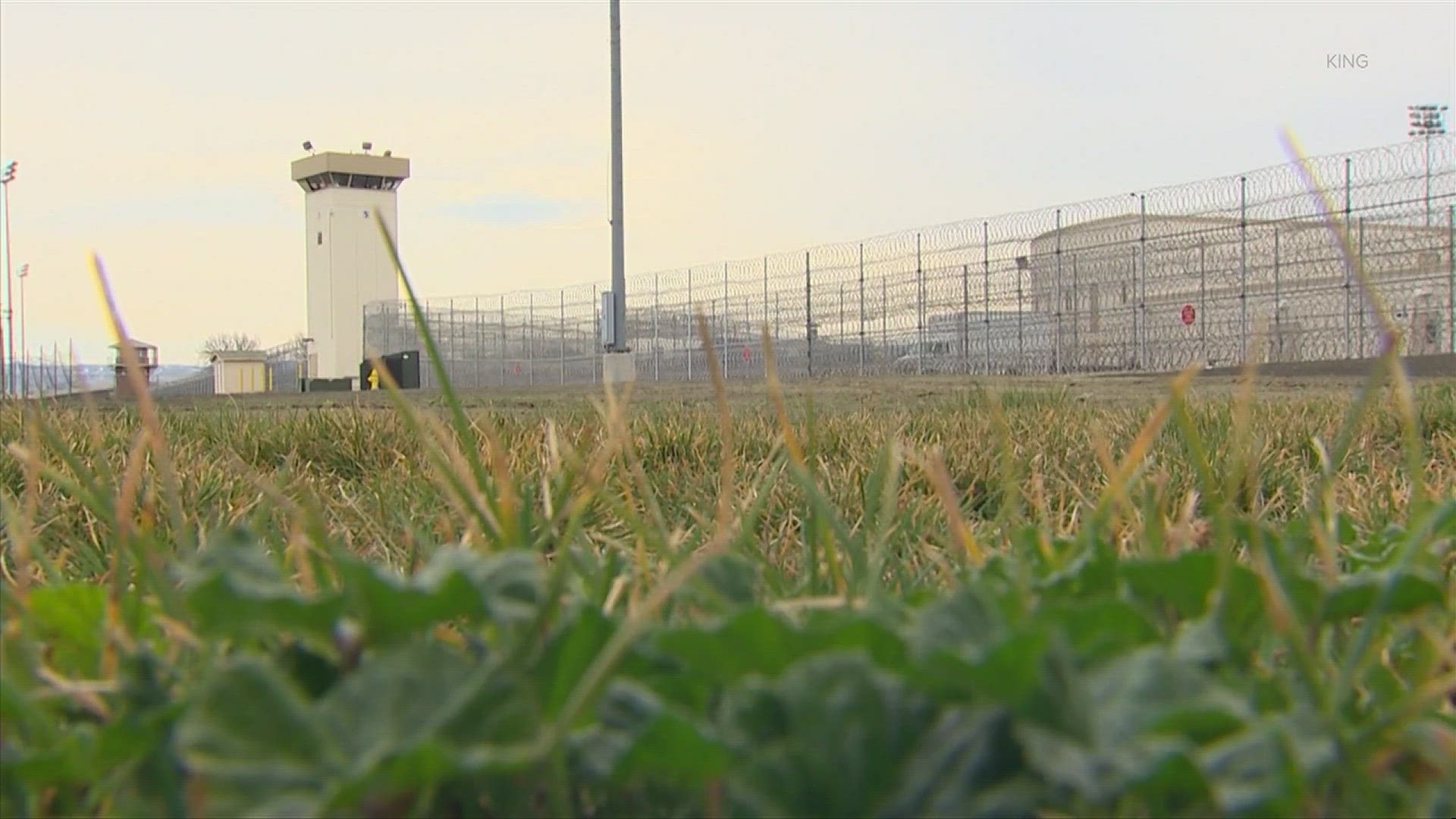MONTGOMERY, Ala. — On January 4, the United Nations issued an opinion on the United States first planned nitrogen gas execution of Alabama inmate Kenneth Eugene Smith. Smith was convicted in the 1988 murder-for-hire killing of Elizabeth Sennett. The execution is set to take place at the end of January 2024.
The United Nations released a press release stating:
UN experts* today expressed alarm over the imminent execution of Kenneth Eugene Smith in the United States by nitrogen hypoxia – an untested method of execution which may subject him to cruel, inhuman or degrading treatment or even torture.
“This will be the first attempt at nitrogen hypoxia execution,” the experts said, citing concerns about the possibility of grave suffering which execution by pure nitrogen inhalation may cause. They noted that there was no scientific evidence to prove otherwise.
Smith was convicted of murder for hire in 1988 and sentenced to life without parole by a near unanimous jury vote of 11-1. However, the sentencing judge overrode the jury recommendation and sentenced him to death.
Kenneth Smith, who has been on death row for over three decades, is scheduled to be executed on January 25, 2024, in the US State of Alabama. Authorities in Alabama previously attempted to execute Smith in November 2022 using lethal injection, but the attempt failed.
The recently approved ‘Executions’ Protocol’ of the State of Alabama, allows for the use of nitrogen gas asphyxiation. “We are concerned that nitrogen hypoxia would result in a painful and humiliating death,” the experts said. They warned that experimental executions by gas asphyxiation – such as nitrogen hypoxia – will likely violate the prohibition on torture and other cruel, inhuman or degrading punishment.
They expressed regret about the continuation of executions in the US, which contradict global trends towards the abolition of the death penalty. Botched executions, lack of transparency of execution protocols
and the use of untested drugs to execute prisoners in the US have continuously drawn the attention of the UN mechanisms, including special procedures.
The experts noted that punishments that cause severe pain or suffering, beyond harms inherent in lawful sanctions likely violate the Convention against Torture to which the United States is a party, and the Body of Principles for the Protection of All Persons under Any Form of Detention or Imprisonment that guarantees that no detainee shall be subjected to medical or scientific experimentation which may be detrimental to his health.
They appealed to Federal and State authorities in the United States and the State of Alabama to halt the execution of Kenneth Smith and any others scheduled to be executed in this manner, pending review of the execution protocol.
*The experts: Morris Tidball-Binz, Special Rapporteur on extrajudicial, summary or arbitrary executions., Alice Jill Edwards, Special Rapporteur on Torture and Other Cruel, Inhuman or Degrading Treatment or Punishment, Ms. Tlaeng Mofokeng, Special Rapporteur on the right of everyone to the enjoyment of the highest attainable standard of physical and mental health and Ms. Margaret Satterthwaite, Special Rapporteur on the Independence of Judges and Lawyers
The Special Rapporteurs, Independent Experts and Working Groups are part of what is known as the Special Procedures of the Human Rights Council. Special Procedures, the largest body of independent experts in the UN Human Rights system, is the general name of the Council’s independent fact-finding and monitoring mechanisms that address either specific country situations or thematic issues in all parts of the world. Special Procedures’ experts work on a voluntary basis; they are not UN staff and do not receive a salary for their work. They are independent from any government or organization and serve in their individual capacity.
U.S. representative for Alabama's 3rd congressional district, Rep. Mike Rogers responded to the United Nations via social media platform X.
“China unjustly executes thousands per year, including nonviolent offenders, all while committing genocide,” Rogers said. ”So naturally, the UN Human Rights Council is focusing their efforts on stopping a humane method of execution on a convicted murderer in Alabama.”
In December, a federal judge also weighed in on the nation’s first execution by nitrogen hypoxia urging Alabama to change procedures.

